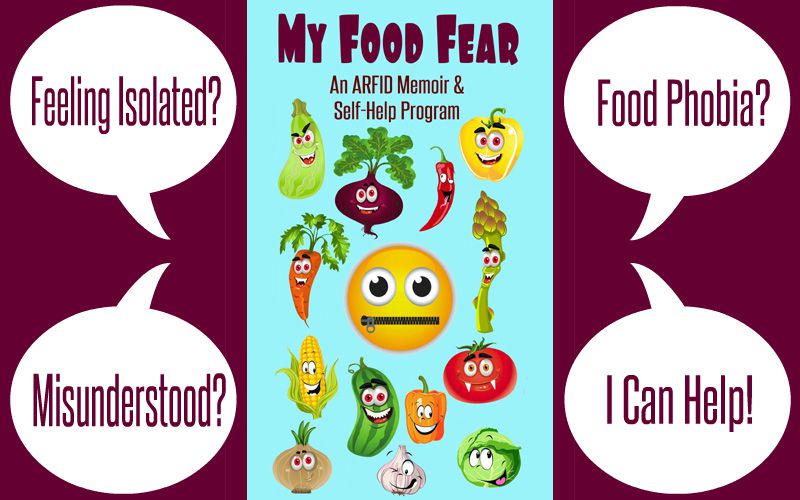ARFID and autism are commonly observed together. People with autism spectrum disorder demonstrate a much greater chance of suffering from one or more eating disorders, including avoidant restrictive food intake disorder, anorexia nervosa and bulimia.
What is the connection between autism and eating disorders? What consequences do these conditions have on the people who suffer from them and are these consequences worse in autistic people? What special challenges are involved in treating ARFID in people with ASD? These are all incredibly important questions and we will explore the answers during the course of this post.
I have met many autistic people with ARFID, often of an extreme variety. Since autism describes a wide-range of conditions, including some which are very difficult to identify and diagnose, it is even possible that many people who have ARFID may be mildly or borderline autistic, as well, but do not have the benefit of a formal diagnosis…
ARFID and Autism in Tandem
Autistic people often demonstrate highly selective eating habits that seem completely arbitrary and idiopathic, meaning they are not linked to any form of trauma or conscious belief system. These behaviors often present very early in life, sometimes far before a diagnosis of autism is ever proposed.
Autistic people tend to have very sensitive sensory perception and this is thought to contribute towards many cases of ARFID. Affected people tend to notice unappealing characteristics of foods more intensely. Autistic people also tend to react very strongly to food phobia and anxiety, often creating very uncomfortable situations for all involved. These aggressive reactions can be very intimidating for family members of autistic children and often force the parents to seek treatment so that the child can find more comfort in eating and develop healthier habits.

Autism and ARFID Treatment
Treatment for autism-related ARFID is challenging. Many affected people do not have the ability to effectively work self-help programs, even if they do actually want to change their restrictive eating habits. Similarly, family interventions usually prove fruitless, since the will of an ARFID-affected ASD individual can be iron strong when it comes to what they will and will not eat.
Professional treatment has a slightly better chance of working, but still presents major hurdles. Some care providers tend to specialize in autistic individual care and some tend to focus on ARFID care. It is not overly common to find specialists who focus on ARFID in autistic people, although some certainly do exist. Therefore, finding effective expert treatment in smaller healthcare markets might be nearly impossible for families of autistic people with selective eating disorder.
Autism can present cognitive and psychoemotional challenges for affected people which might further ingrain finicky eating habits. Since these patterns might be hardwired into the brain, they might be very difficult to overcome. It is well known that treating ARFID in people with ASD is a very difficult endeavor, but even small successes can improve health and social prospects for affected people.
ARFID and Autism Experiences
In my experience dealing with autistic people who suffer from ARFID (and it is actually very common in the ASD population!), the people involved are wonderful humans with very special attributes that make them unique. Autism is difficult to characterize, since it can span so many different expressions. It is indeed possible that many people with ASRFID suffer from some type of mild autism, but have never been diagnosed… I usually find most autistic ARFID suffers to be gentle in mannerism, but extremely strong-willed when it comes to food intake choices.
I do feel that if ARFID treatment is attempted in autistic people, great care should be taken. Some misguided therapeutic paths might further ingrain negative eating habits by challenging beliefs and anxieties that are very strong. Therefore, attempting treatment should really only be performed using a truly qualified expert on autistic eating disorders OR self-treatment can definitely be attempted by any autistic person who is interested in pursuing this route. While self-treatment is not common in people with ASD, sometimes, the nature of their condition can give them the determination and drive to see it through to success.

Leave a Reply
You must be logged in to post a comment.